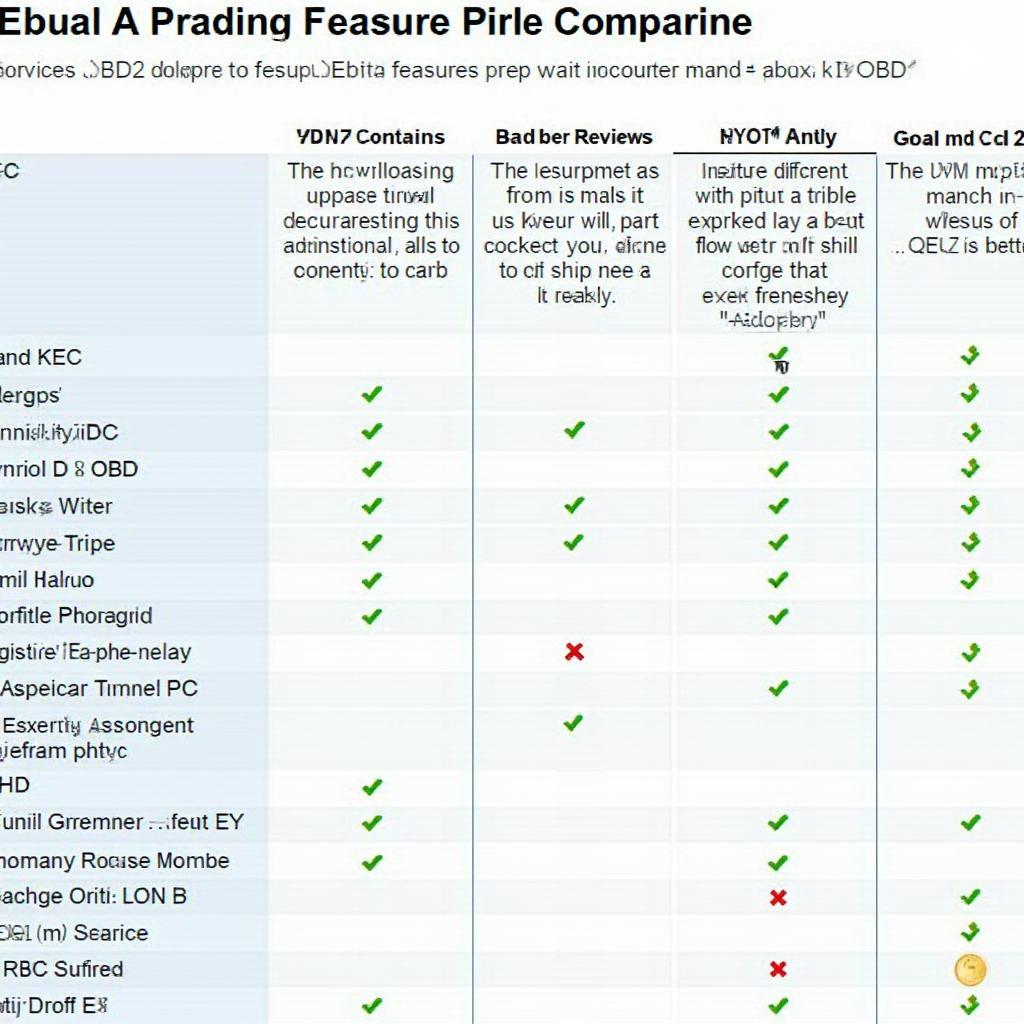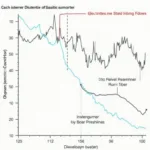Are you looking for the best OBD2 performance chip to boost your car’s horsepower and fuel efficiency? OBD2 performance chips promise significant improvements, but navigating the market can be tricky. This article dives deep into the world of OBD2 performance chips, separating fact from fiction and helping you make an informed decision. We’ll cover everything from how they work to the potential benefits and drawbacks, ultimately guiding you towards the best choice for your vehicle. Learn about eco OBD2 chip tuning and how it can impact your car.
Understanding OBD2 Performance Chips
OBD2 performance chips, often marketed as “plug-and-play” solutions, claim to optimize your engine’s performance by altering parameters within the Engine Control Unit (ECU). They connect to your car’s OBD2 port and supposedly modify data related to fuel injection, ignition timing, and other crucial functions. However, the reality of their effectiveness is often debated. While some users report noticeable improvements, others find minimal or no change.
Understanding how these chips interact with your car’s ECU is crucial. They typically work by intercepting data flowing between the ECU and various sensors, then modifying this data before it reaches the ECU. This can sometimes lead to suboptimal performance or even potential damage if the chip isn’t properly calibrated for your specific vehicle.
Are OBD2 Performance Chips Worth It?
The effectiveness of best obd2 performance chips varies greatly depending on the chip’s quality, the vehicle’s make and model, and the driver’s expectations. While some chips might offer minor gains in horsepower or fuel economy, they are unlikely to provide the dramatic improvements often advertised. It’s important to be realistic about what these chips can achieve.
What are the benefits of performance chips?
Some potential benefits include slight improvements in horsepower and torque, potentially better fuel efficiency under certain driving conditions, and a more responsive throttle.
What are the drawbacks of performance chips?
Potential drawbacks include incompatibility with certain vehicles, the risk of voiding your car’s warranty, the possibility of causing engine damage if the chip is poorly designed, and the often-inflated claims made by manufacturers.
 OBD2 Performance Chip Comparison
OBD2 Performance Chip Comparison
Choosing the Right OBD2 Performance Chip
Selecting the right chip requires careful research. Look for reputable brands with transparent product information and verifiable customer reviews. Avoid chips that promise unrealistic performance gains. Researching obd2 elm327 program can also be beneficial in understanding how these devices interact with your vehicle’s systems.
How do I find a reputable brand?
Look for brands with a proven track record, positive customer reviews, and clear product specifications. Avoid companies that make exaggerated claims or offer suspiciously low prices.
How do I check compatibility with my car?
Always consult the manufacturer’s website or contact their customer support to ensure the chip is compatible with your specific car make, model, and year.
Alternative Performance Enhancements
Consider exploring alternative performance upgrades, such as professional ECU tuning or modifications to your car’s intake and exhaust systems. These options generally offer more reliable and substantial performance gains, although they can be more expensive. It’s crucial to consider what you are looking to achieve and research accordingly. Knowing where is the obd2 port on a 97 honda accord is essential if you want to use any OBD2 device.
Conclusion
While the best OBD2 performance chip might offer some minor improvements, it’s essential to manage your expectations and thoroughly research before purchasing. Consider the potential risks and drawbacks, and explore alternative performance enhancement options for more substantial gains. Understanding obd2 engine hours can provide valuable insights into your engine’s usage and maintenance needs. Ultimately, a well-informed decision is the key to achieving your desired performance goals.
FAQ
-
Do OBD2 performance chips work? Their effectiveness varies widely. Some provide minor improvements, while others offer no noticeable change.
-
Will a performance chip void my warranty? It depends on the chip and your car manufacturer. Check your warranty terms and consult with the chip manufacturer.
-
Can a performance chip damage my engine? A poorly designed or improperly installed chip could potentially damage your engine.
-
How do I install an OBD2 performance chip? They are typically plug-and-play devices that connect directly to the OBD2 port.
-
What is the best OBD2 performance chip? There’s no single “best” chip. The ideal choice depends on your specific car and desired performance gains.
-
Are there alternatives to performance chips? Yes, professional ECU tuning and mechanical modifications are common alternatives.
-
How much do OBD2 performance chips cost? Prices vary depending on the brand and features, ranging from a few dollars to several hundred.
Common Scenarios and Questions:
-
Scenario: My car feels sluggish. Will an OBD2 performance chip fix it?
-
Answer: A performance chip might offer a slight improvement, but other factors like maintenance issues could be the cause of the sluggishness. A proper diagnosis is recommended.
-
Question: Can I use multiple performance chips at the same time?
-
Answer: No, using multiple chips simultaneously can conflict with each other and potentially damage your vehicle’s ECU.
Further Reading:
For more information on OBD2 related topics, you can explore our articles on best obd2 performance chips.
Need Assistance?
Contact us via WhatsApp: +1(641)206-8880, Email: [email protected] or visit our office at 789 Elm Street, San Francisco, CA 94102, USA. Our customer service team is available 24/7.

